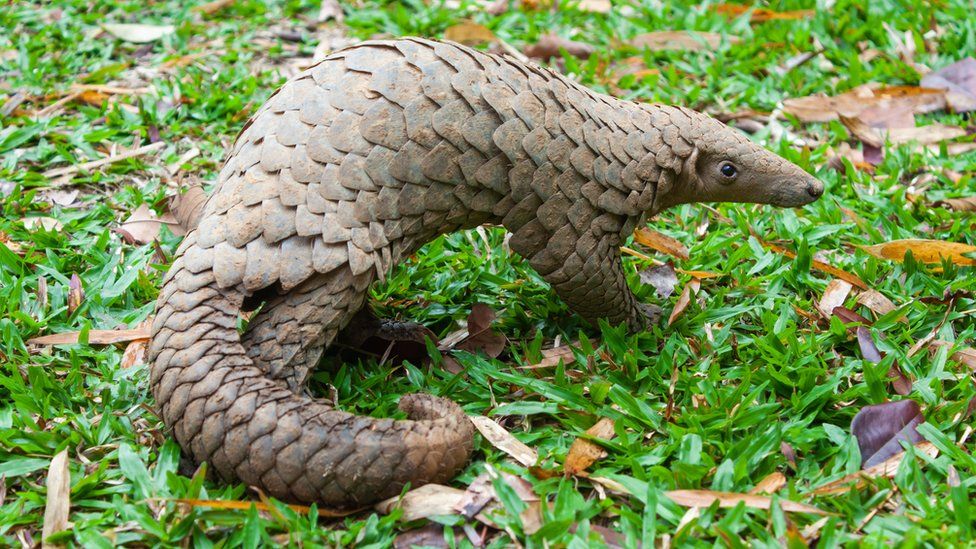-

-
-
Loading

Loading

Officials in Nigeria have burned $1.4 million worth of pangolin scales in a bold move against trafficking. This is the first time that the country has publicly destroyed seized wildlife products for this purpose. The pangolin, which is one of the world's most trafficked mammals, has scales that are highly sought after in traditional Chinese medicine. Nigeria serves as a key transit hub for African pangolin scales and other wildlife products being trafficked to Asia. Before the burning took place in Nigeria's capital, Abuja, Environment Minister Iziaq Adekunle declared that the destruction of these seized items signifies the determination to build a better future for our planet. He emphasized that it sends a powerful message about protecting the environment, conserving wildlife, and combating the illegal trade that threatens the existence of various species. Alongside the almost four tonnes of pangolin scales, confiscated leopard, python, and crocodile skins were also destroyed. The scales had been seized by the agency in collaboration with the United Nations Office on Drugs and Crime (UNDOC) and a pan-African alliance called the Elephant Protection Initiative. In August, the leaders of a global wildlife trafficking gang were convicted for smuggling pangolin scales after a lengthy investigation and trial in Nigeria. These traffickers, known as the "top-of-the-pyramid," were responsible for half of the illegal trade in pangolin scales. Additionally, Nigerian customs officials seized 1,613 tonnes of pangolin scales last year and arrested 14 individuals, as reported by Nigeria's Environmental Standards and Regulations Enforcement Agency. The pangolin population has seen a significant decline in recent years, with some parts of Africa experiencing an 80% decrease in the critically endangered species. Seizures of pangolin scales have increased tenfold between 2014 and 2018, according to the UNDOC.